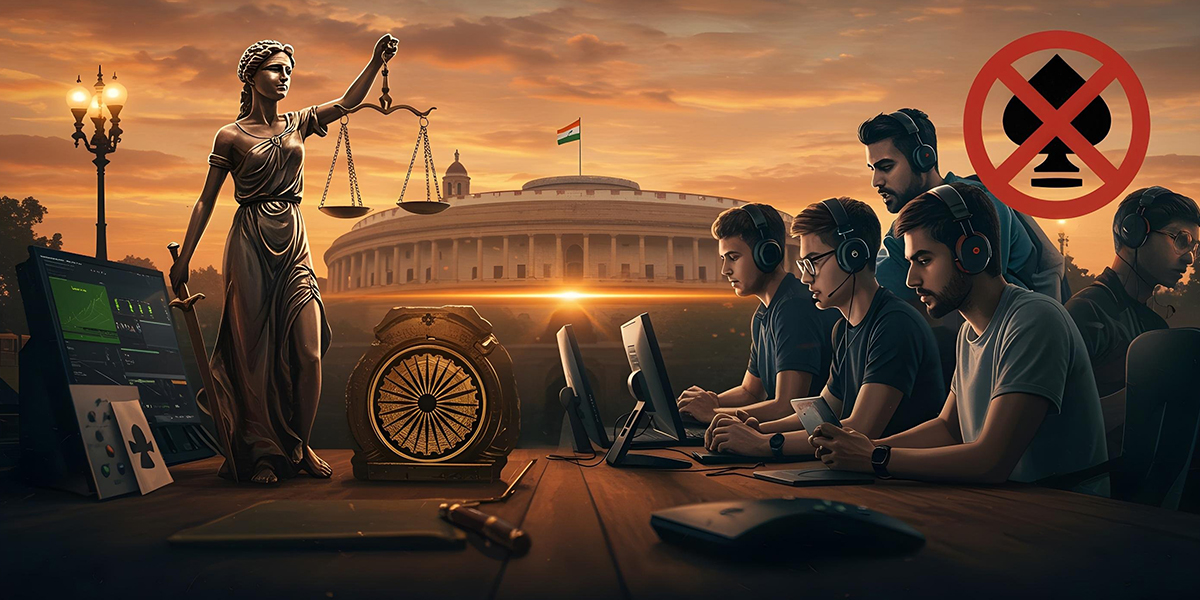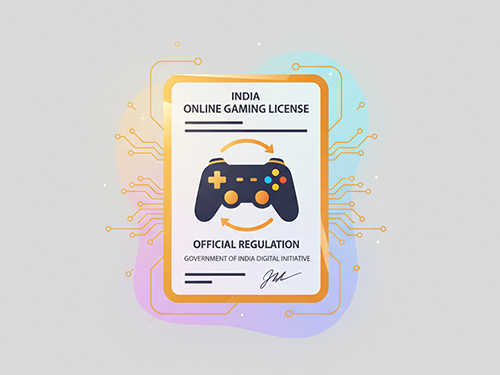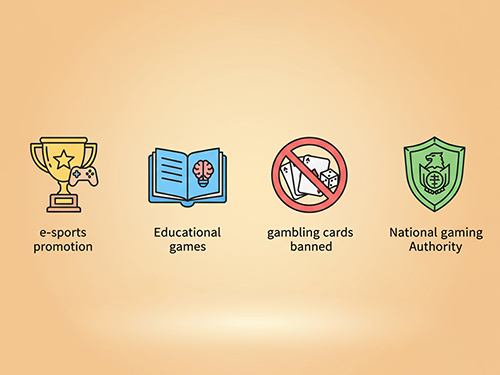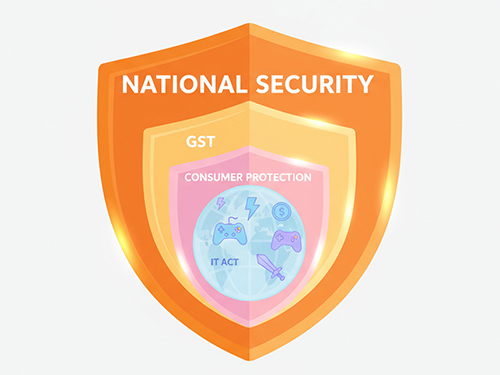India’s Landmark Online Gaming Bill, 2025– Balancing Innovation with Protection

On 21st August 2025, the Parliament of India passed the Promotion and Regulation of Online Gaming Bill, 2025—a landmark piece of legislation that seeks to strike the perfect balance between innovation and social responsibility.
This Bill is designed to safeguard citizens—particularly the youth and middle-class families—from the dangers of predatory money-based online games, while at the same time encouraging the growth of e-sports and safe digital gaming ecosystems as engines of creativity, skill development, and employment opportunities.

Why This Bill Matters

India’s online gaming sector has experienced explosive growth in recent years, becoming one of the fastest-growing segments of the digital economy. However, this rapid expansion has also exposed several risks:
- Addiction and financial distress – Families losing hard-earned savings to deceptive money games.
- Mental health challenges – Cases of anxiety, depression, and suicides linked to gaming losses.
- Fraud and money laundering – Platforms misused for illegal financial activities.
- National security risks – Instances of gaming channels being exploited for terror financing.
According to Union Minister Shri Ashwini Vaishnaw, nearly 45 crore Indians have been adversely impacted, suffering combined losses of over ₹20,000 crore. Clearly, the need for a robust regulatory framework could no longer be ignored.
Key Features of the Bill
Promotion of E-Sports
- Official recognition of e-sports as a legitimate competitive sport.
- Establishment of training academies, guidelines, and incentive schemes to nurture gaming talent.
- Integration of e-sports into India’s broader national sports policy.
Encouragement of Social & Educational Games
- Government support for safe, age-appropriate, and skill-building games.
- Promotion of digital platforms that foster learning, cultural awareness, and creativity.
- Nationwide awareness campaigns to highlight healthy gaming practices.

Ban on Online Money Games
- Complete prohibition of games involving monetary stakes, whether based on chance or skill.
- Strict penalties: up to 3 years’ imprisonment and fines up to ₹1 crore.
- Repeat offenders to face harsher consequences.
- Banks and payment gateways restricted from supporting such transactions.
Establishment of a National Online Gaming Authority
- Centralised body for classification, licensing, and grievance redressal.
- Power to block unlawful platforms under the IT Act, 2000.
Corporate Accountability
- Gaming companies and their executives made directly accountable.
- Independent directors protected if they demonstrate due diligence and compliance.
Wider Benefits for Society

- Safer Digital Ecosystem – Families protected from predatory platforms.
- Youth Empowerment – E-sports as a viable career and skill-building avenue.
- Boost to the Creative Economy – Job creation, innovation, and export opportunities.
- Global Leadership – India setting a benchmark in responsible gaming governance.
Building on Existing Safeguards
This Bill strengthens protections already introduced through:
- The IT Act, 2000 and subsequent gaming rule amendments.
- The Bharatiya Nyaya Sanhita, 2023, penalising gambling offences.
- The Consumer Protection Act, 2019, targeting misleading ads.
- GST enforcement on offshore gaming platforms.
- Awareness campaigns by various ministries to educate citizens.

Conclusion
The Promotion and Regulation of Online Gaming Bill, 2025 goes beyond legislation—it represents a vision for a safer, more innovative, and responsible digital India.
By decisively shutting down exploitative money games and simultaneously creating new opportunities in e-sports, skill-based gaming, and creative industries, India is setting a global standard in digital governance.
This Bill ensures that technology works for society—not the other way around.





Leave a Reply